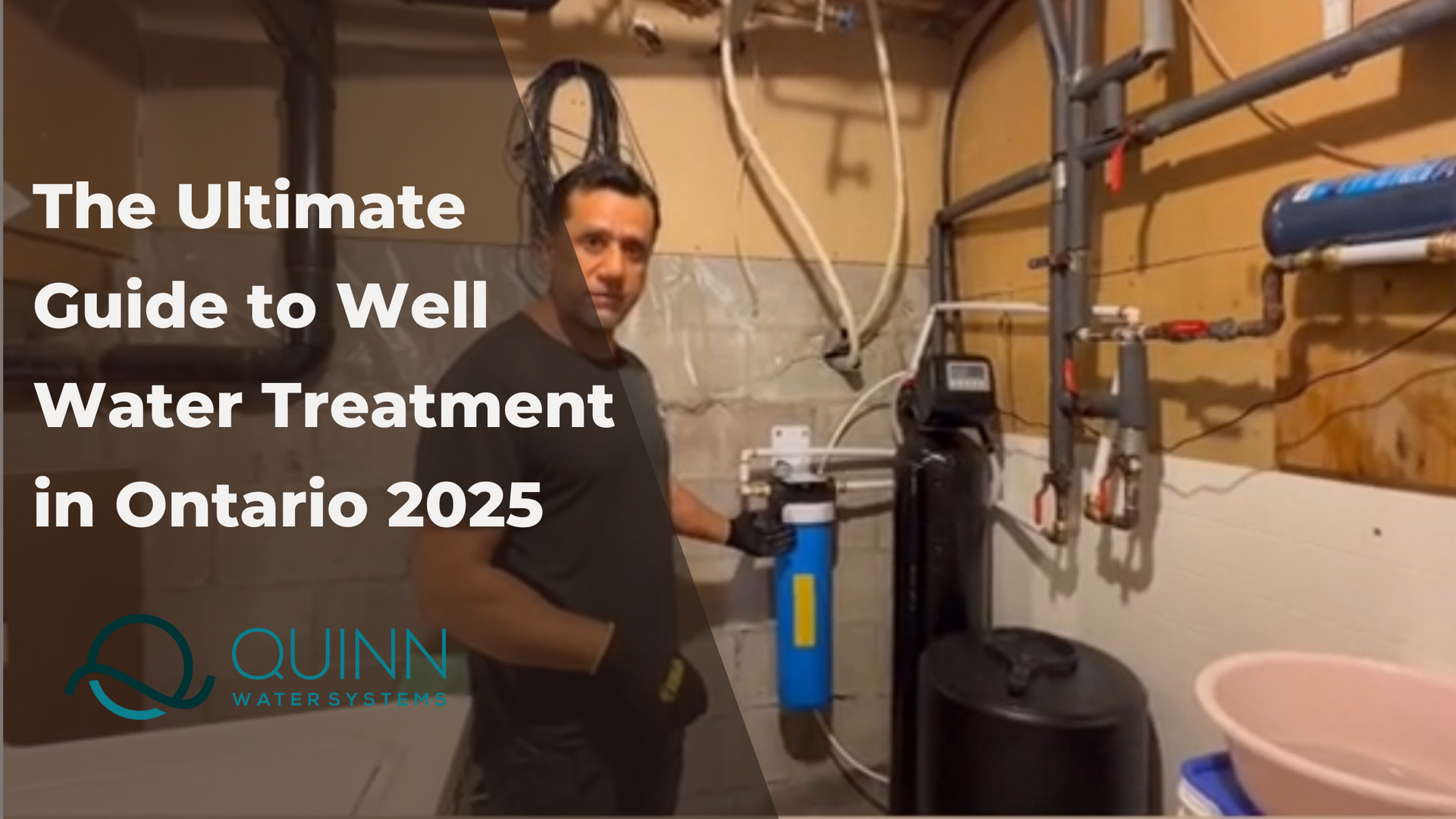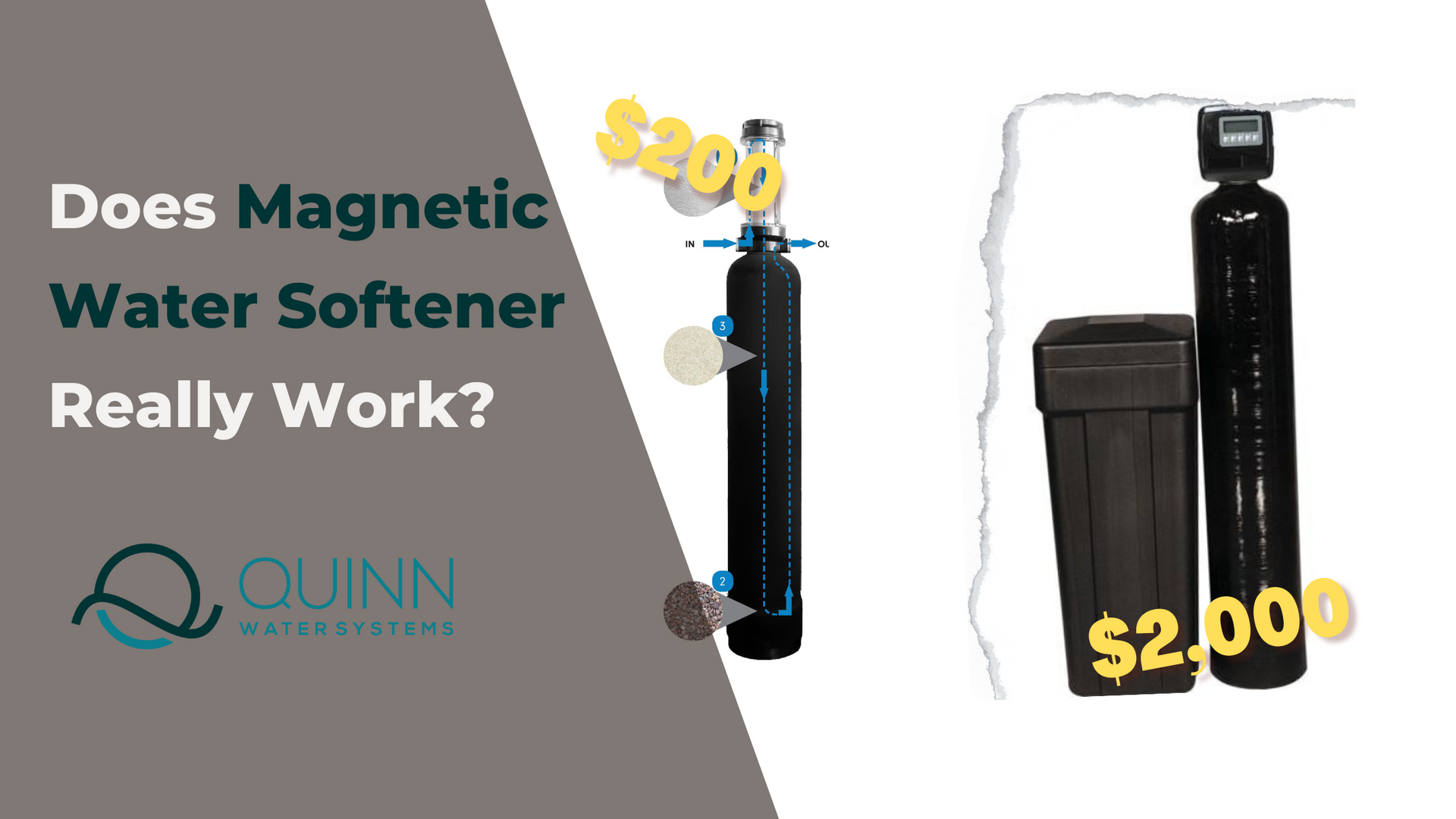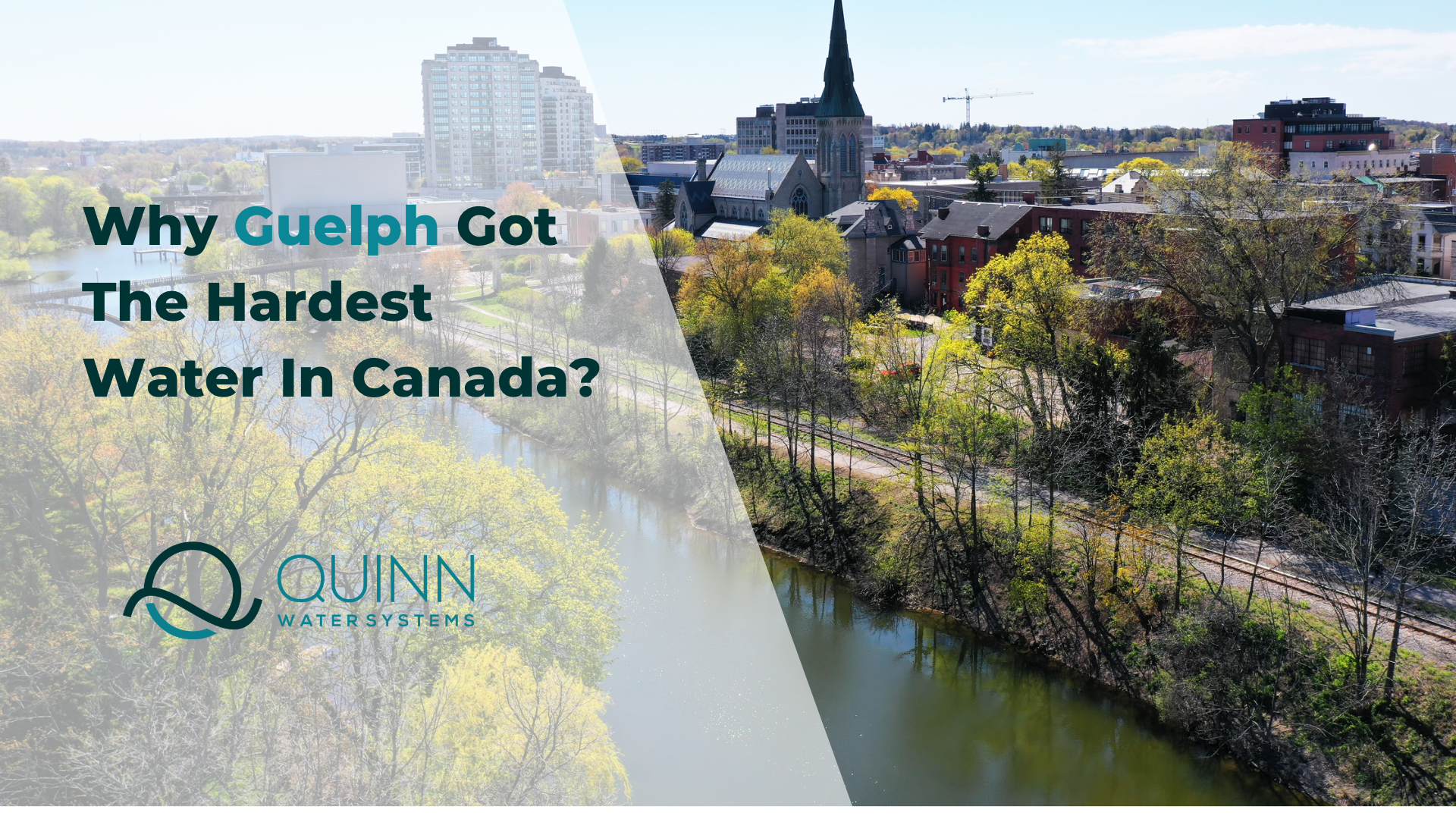Complimentary Well Water Inspection for New Customers
What Can a Water Softener Do To Your Shower?
What can a water softener do to your shower?
People frequently see their shower as an adversary. see it as a place where they are constantly fighting to keep mildew and soap scum at bay. However, your shower doesn’t have to be your enemy. There are a few simple things you can do to keep it clean and sparkling. First, make sure to clean your shower regularly. A once-a-week scrub with a soapy sponge should be sufficient. Second, invest in a good quality shower head. A shower head with adjustable water pressure will help to prevent the build-up of soap scum and mildew. Finally, don’t forget to ventilate your bathroom. By opening a window or turning on the exhaust fan, you’ll help to prevent moisture buildup, which can lead to mold and mildew growth. By following these simple tips, you can turn your shower from your enemy into your friend.
1. How hard water can be damaging to your shower and bathroom fixtures
As a homeowner, you may not give much thought to the water that flows through your pipes and into your shower. However, the quality of your water can have a big impact on your home’s plumbing fixtures. Hard water contains high levels of minerals, such as calcium and magnesium. Over time, these minerals can build up in your pipes and fixtures, causing them to become clogged and damaged. In addition, hard water can also cause soap scum and mineral deposits to accumulate on your shower walls and doors. Not only is this unsightly, but it can also make your shower less effective at cleaning yourself. As a result, it’s important to be aware of the potential damages that hard water can cause in your home. By taking steps to protect your fixtures from hard water, you can keep your bathroom looking its best for years to come.
2. The benefits of installing a water softener in your home
If you have hard water, you may be considering installing a water softener in your home. A water softener is a device that removes the minerals from hard water, making it softer and easier on your plumbing fixtures. There are many benefits to using softened water in your home. For one, it can help to extend the life of your plumbing fixtures by preventing the build-up of mineral deposits. Additionally, softened water can also make your shower more effective by helping the soap to lather better. Finally, many people find that softened water simply feels better on their skin and hair. If you’re considering installing a water softener, be sure to talk to a qualified plumber to discuss the best option for your home.
3. The importance of good ventilation in your bathroom
Many homeowners forget about the importance of ventilation in their bathroom. However, proper ventilation is essential to preventing the growth of mold and mildew. When your bathroom is properly ventilated, the moist air is able to escape, preventing the formation of condensation on your walls and floors. Additionally, good ventilation will also help to prevent the build-up of odours in your bathroom. If you don’t have a window in your bathroom, be sure to turn on the exhaust fan whenever you take a shower. By taking these simple steps, you can keep your bathroom clean and fresh.
3. How to choose the best water softener for your needs
If you’re considering installing a water softener in your home, it’s important to choose the right model for your needs. There are a few things you’ll need to consider, such as the size of your home, the hardness of your water, and your budget. Once you’ve taken these factors into account, you’ll be able to narrow down your options and choose the best water softener for your home. If you’re looking for a way to improve the quality of your home’s water, you may want to consider installing a whole house water filter before a water softener. A whole house water filter is designed to remove impurities from all the water that enters your home. This includes the water that comes from your municipal water supply, as well as any groundwater that may be present. By filtering all the water in your home, you can ensure that your family is only using and drinking clean, safe water.
5. How to properly maintain your water softener
Once you’ve installed a water softener in your home, it’s important to properly maintain it. This will help to extend the life of your unit and ensure that it continues to work effectively. Be sure to follow the manufacturer’s instructions for care and maintenance. In general, you’ll need to regularly add salt to the unit and keep the tank clean. You should also perform a yearly check-up to ensure that your water softener is working properly. By taking these simple steps, you can keep your unit in good condition for years to come.
5. Installation tips and advice from the pros
If you’re considering installing a water softener in your home, it’s important to do your research and get professional advice. While it’s possible to install a water softener yourself, it’s usually best to leave the job to the professionals. A qualified plumber/ water technician will be able to properly size the unit for your home and ensure that it’s installed correctly. Additionally, they can also give you tips on how to properly maintain your unit. When it comes to something as important as your home’s water supply, it’s always best to be on the side of caution and get professional help.
Conclusion : A water softener is a household appliance that helps to remove the minerals and metals from your water at every tap. These unwanted elements can cause build-up on your fixtures, pipes, and appliances over time. Softening your water also makes it feel smoother when you bathe or shower, and it leaves less soap scum behind. If you’re interested in having a water softener installed in your home, give Quinn Water Systems a call.
We offer top-of-the-line products from industry leaders like
Clack , Ultra6 and we’ll be happy to help you find the perfect system for your needs.
Blog Posts
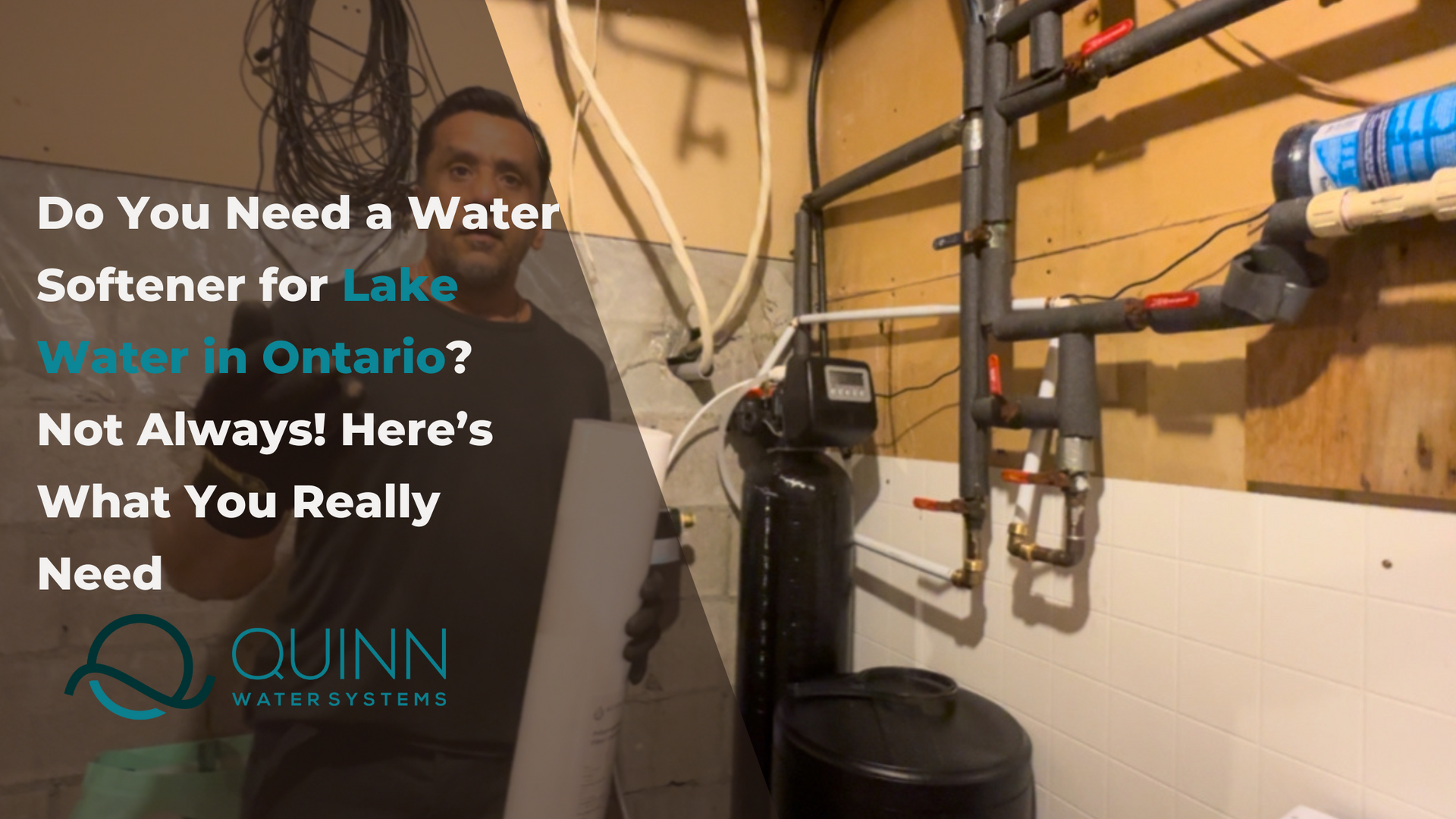
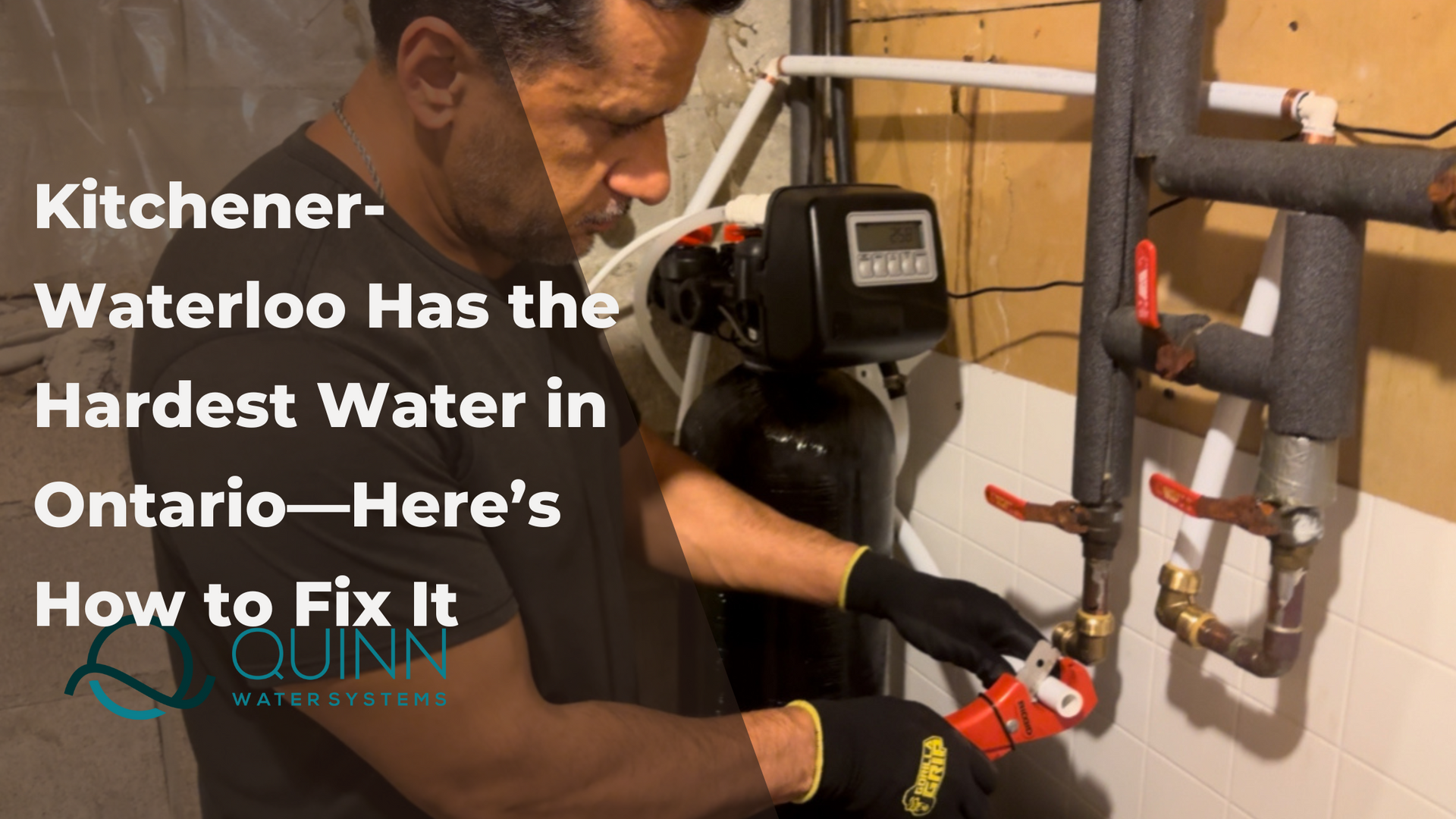
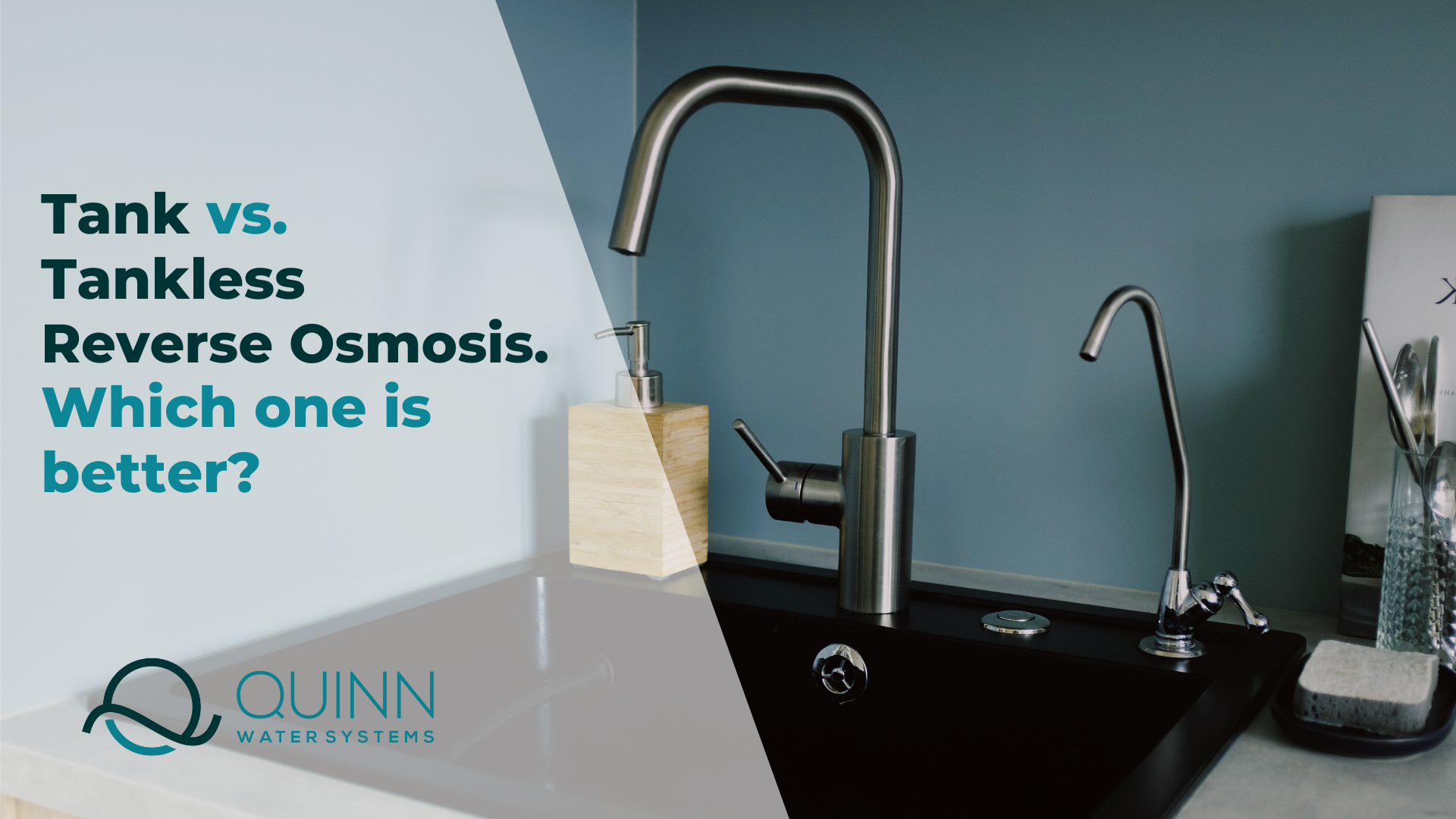
Get Your Water Done RIGHT!
About Us
Client Portal
Client Hub is set up for our clients approve quotes, check appointment details, pay outstanding invoices, print receipts, or request more work-all in one place.
Payment Options


